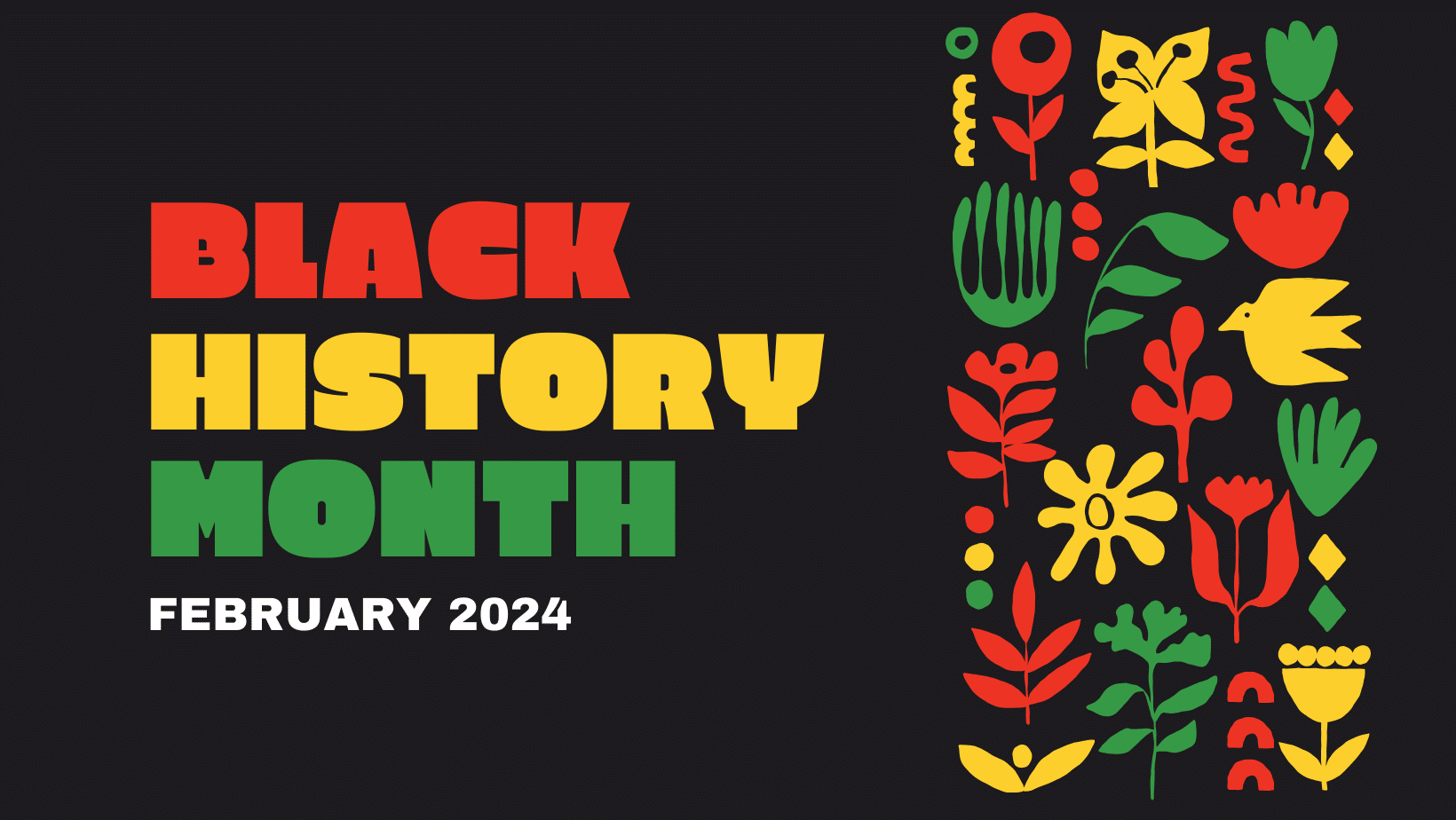In the mosaic of achievements and tribulations that mark Black history, the narrative around mental health stands as a profound and oft-overlooked conversation. As we celebrate Black History Month, it’s crucial not just to reflect on the struggles and triumphs that define the collective Black experience, but also the pioneering contributions of innovative minds to the mental health landscape. From groundbreaking research and advocacy efforts to platforms fostering dialogue and support, the following brief overview shines a light on some exceptional Black innovators who left an indelible mark on mental health advancement.
The Pioneering Work of Dr. Solomon Carter Fuller
Dr. Solomon Carter Fuller was a trailblazer in the field of Alzheimer’s research, making significant contributions to our understanding of neurodegenerative diseases. Notably, he was the first Black psychiatrist and resident to work at the prestigious Massachusetts General Hospital. Though his work began in the early 20th century, Dr. Fuller’s insights into the link between brain health and mental wellness laid foundational stones for future generations of researchers. His career was a testament to persistence in the face of both overt and systemic racism, showcasing the enduring power of knowledge and humanity.
Advocacy and Empowerment: Bebe Moore Campbell
Bebe Moore Campbell, an esteemed author and mental health advocate, is celebrated for her work in raising awareness about mental illness in the Black community. Campbell’s seminal novel, “72 Hour Hold,” delves into the realities of living with mental health conditions and the challenges of navigating a system often devoid of understanding or support for people of color. Her advocacy extended beyond literature, establishing the groundbreaking National Alliance on Mental Illness (NAMI) Urban Los Angeles, a grassroots initiative dedicated to supporting Black families affected by mental illness. Campbell’s legacy underscores the importance of making mental health discussions inclusive and accessible for all.
Technology and Community Wellness: Mario Jovan Shaw
With the recent surge in mental health technology, comes the rise of innovators leveraging platforms to reach and support diverse populations. Mario Jovan Shaw, the co-founder of mental health app “IDONTMIND,” stands at the forefront of this movement. The app, in partnership with the National Alliance on Mental Illness (NAMI), aims to destigmatize mental illness through open conversations and community support. Through his work, Shaw has created a space where individuals from all walks of life can find solace, understanding, and resources tailored to their mental health needs. This tech-savvy approach to mental wellness epitomizes the intersection between innovation, inclusivity, and impact.
Transformative Research on Addiction: Dr. Carl Bell
Dr. Carl Bell, renowned psychiatrist and public health expert, dedicated his career to researching and treating addiction among African American and Latino communities in Chicago. His pioneering work not only revealed the complexities of substance use disorders within marginalized groups but also paved the way for culturally sensitive models of intervention and care. Dr. Bell’s legacy embodies the radical notion that effective mental health support must be grounded in an understanding of the cultural, social, and economic factors that shape individual experiences.
Continuing the Conversation
This brief exploration is just a starting point in recognizing the contributions of Black innovators to mental health and the broader healthcare landscape. As we honor Black History Month, we must commit to amplifying voices and narratives that are often marginalized or excluded. The stories of individuals like Dr. Fuller, Bebe Moore Campbell, Mario Jovan Shaw, and Dr. Carl Bell remind us of the imperative to acknowledge the diversity of experience within the fight for mental health advocacy and care.
Their legacies inspire us to continuously seek pathways that lead toward a more inclusive, supportive, and understanding world for those struggling with mental health challenges. Together, let us cultivate a society that not only embraces the rich tapestry of human experience but also uplifts and supports the mental wellness of all its members.
References & Further Reading
To delve deeper into the contributions of Black pioneers in mental health, the following sources offer a wealth of information:
- “A Hidden History: The Black Experience in Mental Health” by Monroe Work Today, providing an in-depth historical perspective.
- Dr. Carl Bell’s published works and interviews, which can be accessed through various academic journals and online archives.
- “The Warmth of Other Suns” by Isabel Wilkerson, shedding light on the migration patterns that shaped community health dynamics.
These resources represent only a select few of the many available materials that illuminate the critical role of Black professionals and advocates in mental health. They serve as guideposts for further exploration into the rich legacy of Black individuals who have left an indelible mark on this field.


